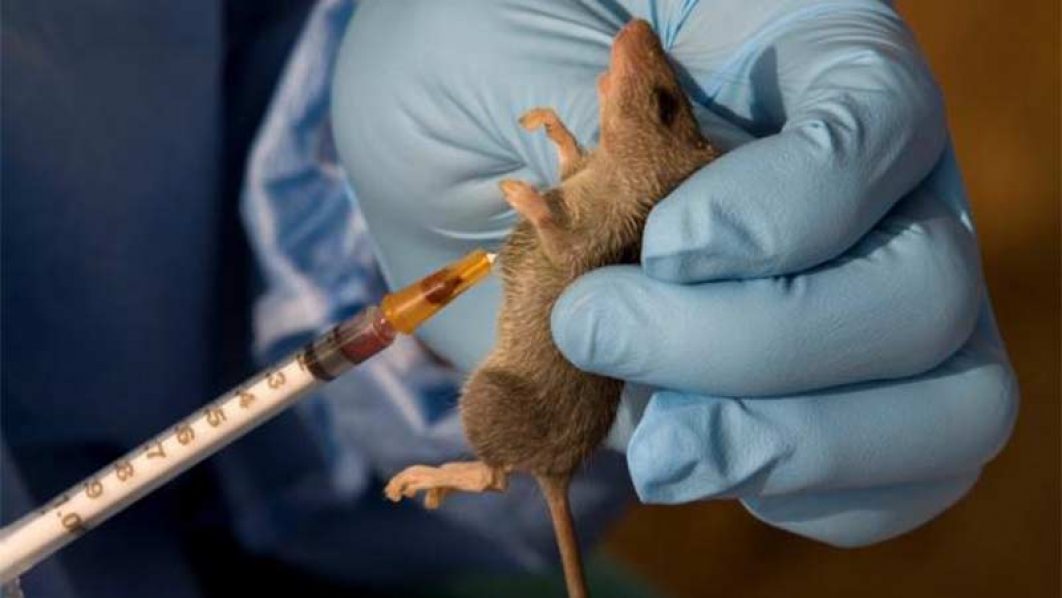Médecins Sans Frontières (Doctors Without Borders), on Monday, tasked residents of Ebonyi State on the need to prevent the resurgence of Lassa fever in the state, saying its outbreak was imminent during the dry season.
The humanitarian organisation thus called on communities to take measures aimed at forestalling the outbreak of the virus.
Addressing journalists in Abakaliki on Monday, MSF Project Coordinator, Elton Mbofana, noted that prevention and early detection of Lassa fever were key factors that would ensure that lives were saved.
He said, “By detecting the disease early, and by taking preventive hygiene measures such as ensuring houses are free of rats, many people’s lives can be saved. Early diagnosis and treatment can radically increase people’s chances of survival.
“Lassa fever is a contagious disease spread through contact with infected rats and through uncovered food contaminated with rat faeces or urine. Symptoms include fever, headache, sore throat, general body weakness, cough, nausea, vomiting, diarrhoea, muscle pain, chest pain and, in severe cases, unexplained bleeding from the ears, eyes, nose, mouth and other parts of the body.
“The time between infection and the appearance of symptoms ranges from three to 21 days. Lassa fever infects around 300,000 people in West Africa each year and causes around 5,000 deaths, with most cases in Nigeria occurring during the dry season from December to March.
“Healthcare workers are most at risk of catching the disease. The major risk for them is contracting the disease while treating a patient with Lassa fever, due to a lack of personal protective equipment and sub-optimal infection prevention and control measures.
“Healthcare workers must be protected, not only for their own wellbeing, but also to prevent their absence having an impact on the health system.”
In his contribution, MSF project medical referent, Dr. Slaymen Ammar, added, “The cost of treatment needs to be subsidised to ensure that everyone has early access to care.”





2 Comments